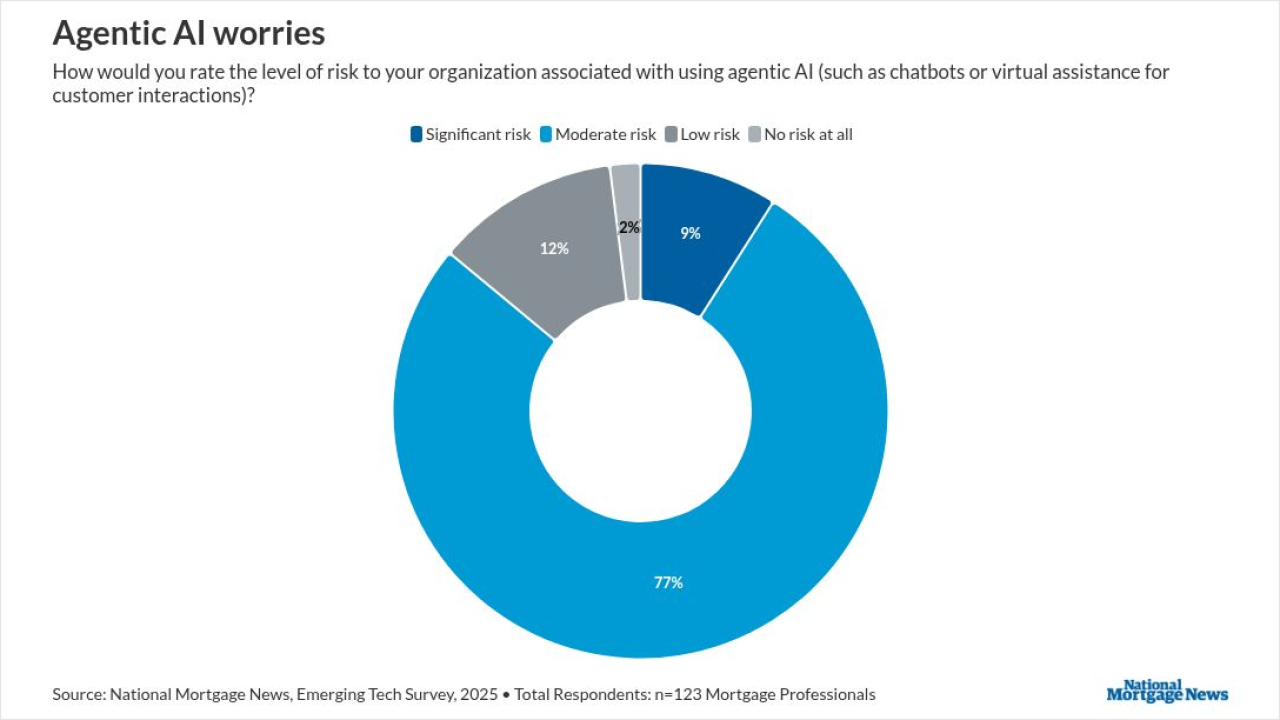Mortgage applications among those 65 and older are denied at higher rates than younger groups, and increasing debt is driving the trend, according to researchers at the Urban Institute.
Regardless of their debt-to-income level, those 65 and older saw applications rejected more frequently than younger borrowers for forward mortgages, in the past three years. With the debt load among Americans rising over the past 20 years, challenges may lie ahead for the senior population, as their incomes decrease with age.
Using data from Home Mortgage Disclosure Act and the 2019 Survey of Consumer Finances, researchers Karan Kaul and Linna Zhu found that denials across all mortgage types in 2020 equaled 18.7% for those 75 and older and 15.4% for those ages 65-74, compared with 12.1% for those under age 65. The levels actually represent a decrease compared to the two prior years, mostly due to lower interest rates that reduced debt-to-income ratios. Their research was funded by
“The extent of the problem has been somewhat masked in recent years by ultra-low interest rates, which have temporarily pushed applicant DTI ratios and denial rates lower for cash-out refinances, the dominant equity extraction vehicle in the past three years,” the researchers wrote.
Ever-increasing debt loads drove a 40-point drop in the average
Denials for non-cash-out refinances were slightly lower, with a rejection rate of 19.6% for those older than 75, 15.6% for those between the ages of 65 and 74 and 11.4% for those under 65.
DTI ratios were cited as the reason for over 30% of refinance denials among applicants over the age 65.
“Unexpected expenses, loss of income or declines in the value of retirement savings can push DTI ratios higher and credit scores lower, making it harder to qualify for mortgages,” the researchers noted.
The number of households carrying debt among the older population has spiked in the last few years. In 2019, 55.4% of households 75 and older carried some debt compared to 52.7% in 2016, and 30.1% in 2001. Perhaps more significantly, median debt came out to $40,000, a 45% increase over three years earlier when it was $27,653.
For those between 65 and 74, the rate of debt growth was less pronounced, with 72.4% of households carrying debt in 2019, a decrease from 2016’s level of 74.3%, but up since 2001, when it was 60.1%. Median debt value came out to $59,570 in 2019 compared to $61,155 three years earlier. Primary mortgages and credit cards accounted for the largest type of debt in both groups

Slightly less variability occurred in the denial rate for purchases, where seniors saw a lower rejection rate. In 2020, 8.8% of loans were denied for both those 75 and older and in the range of 65 to 74. Those under 65 saw their applications denied at a 10% rate. As with refinances, the rates of denial were lower than the prior two years.
While sustained low interest rates brought denial rates down in 2020, researchers say once they rise, so will DTI ratios and rejections, and older homeowners will likely struggle to qualify for forward mortgages. “This dynamic will not serve older homeowners well,” they said.



